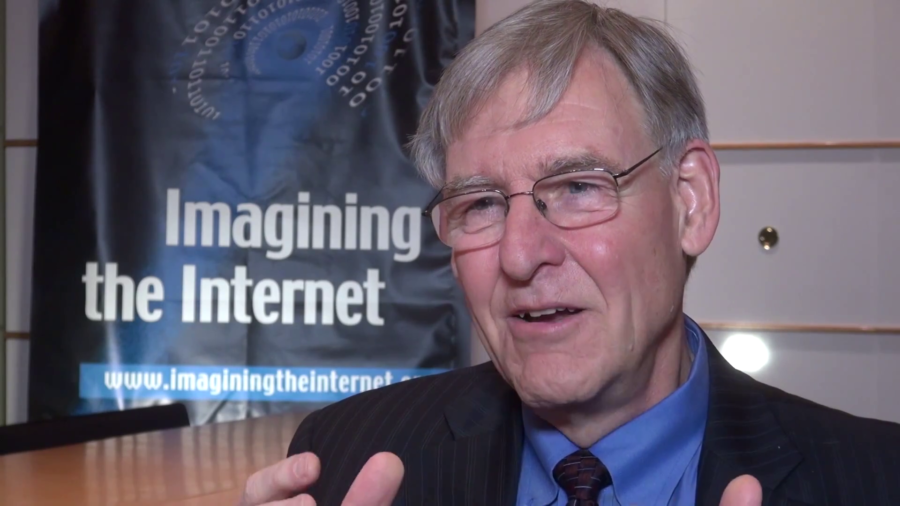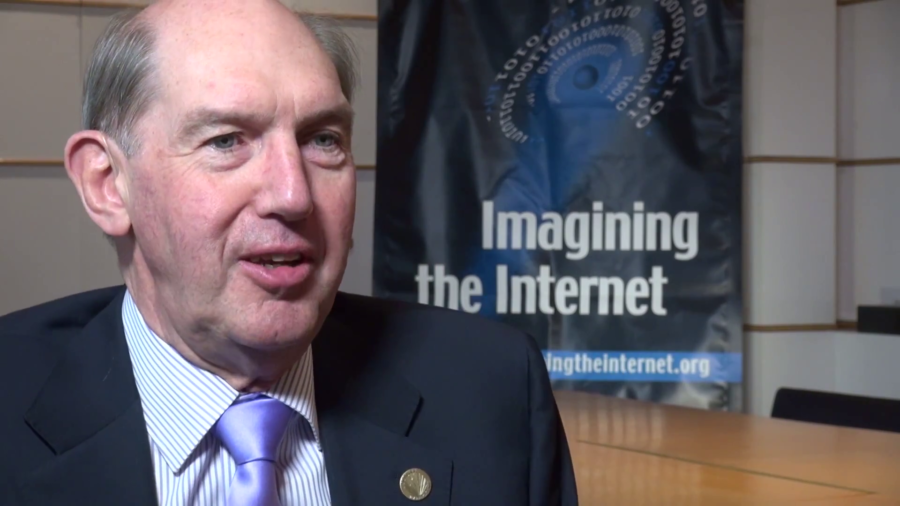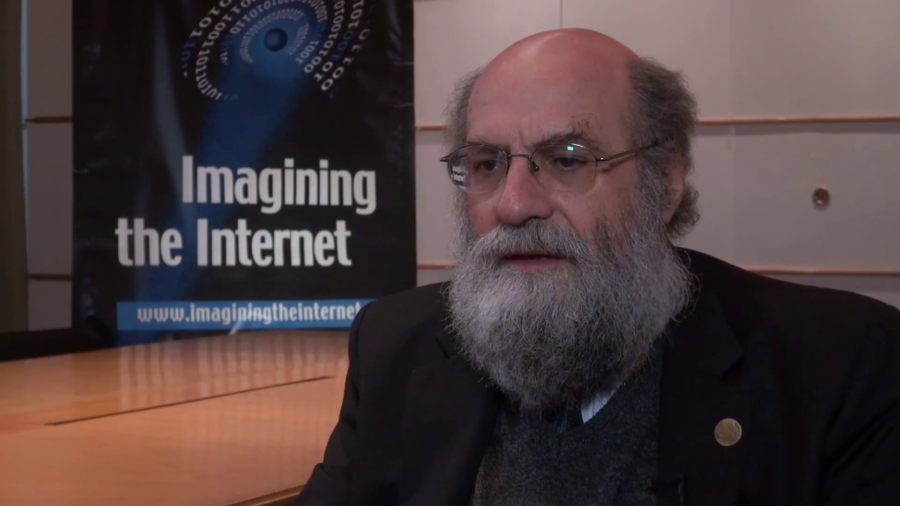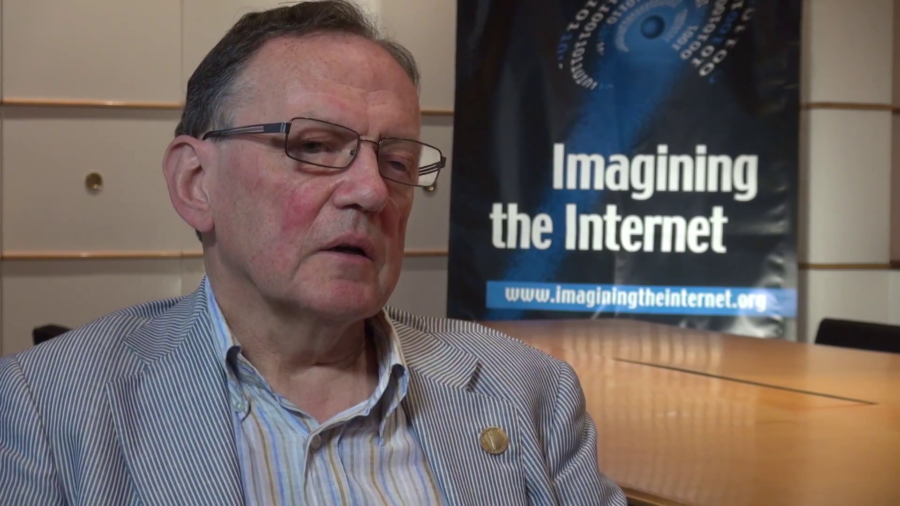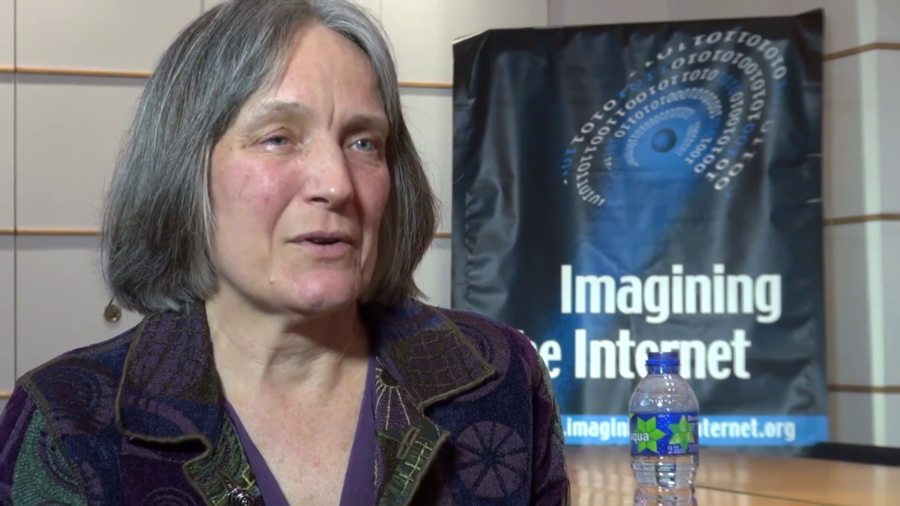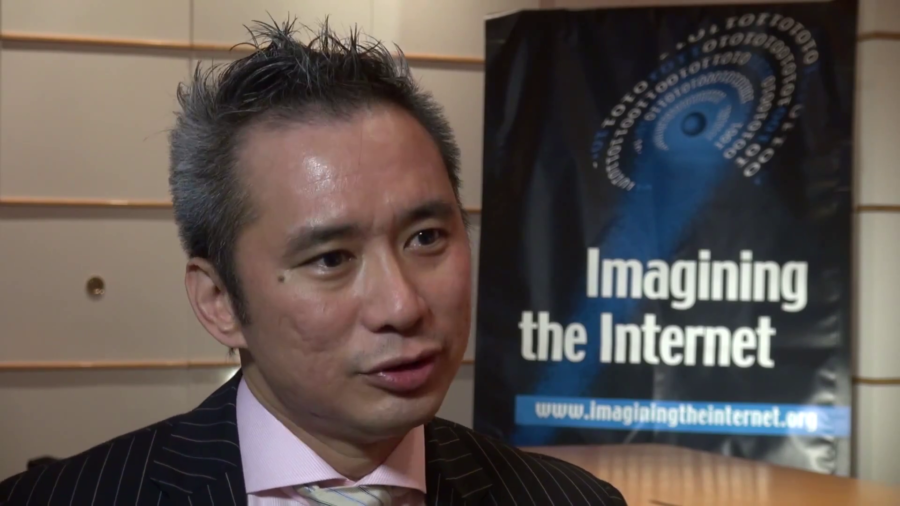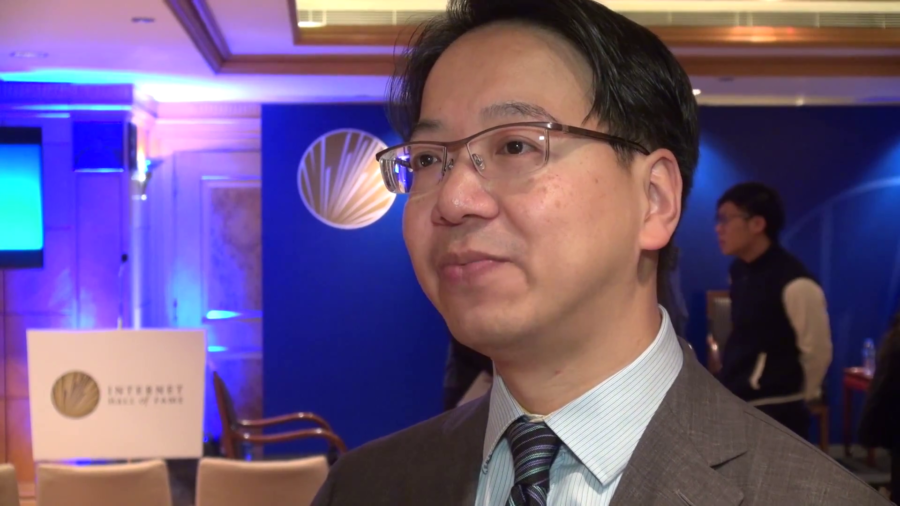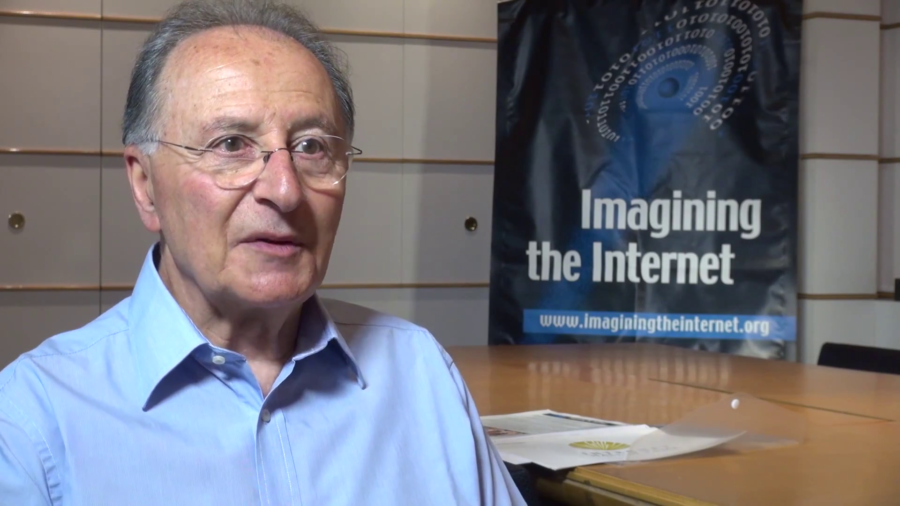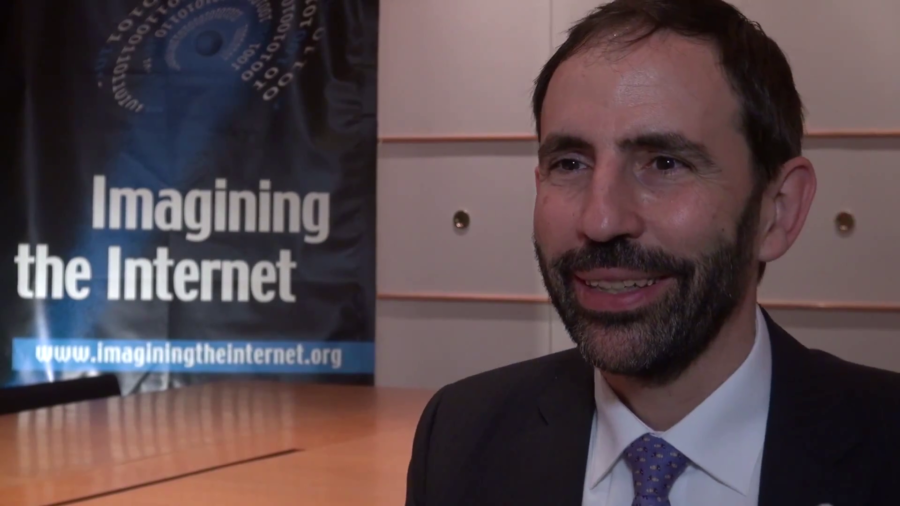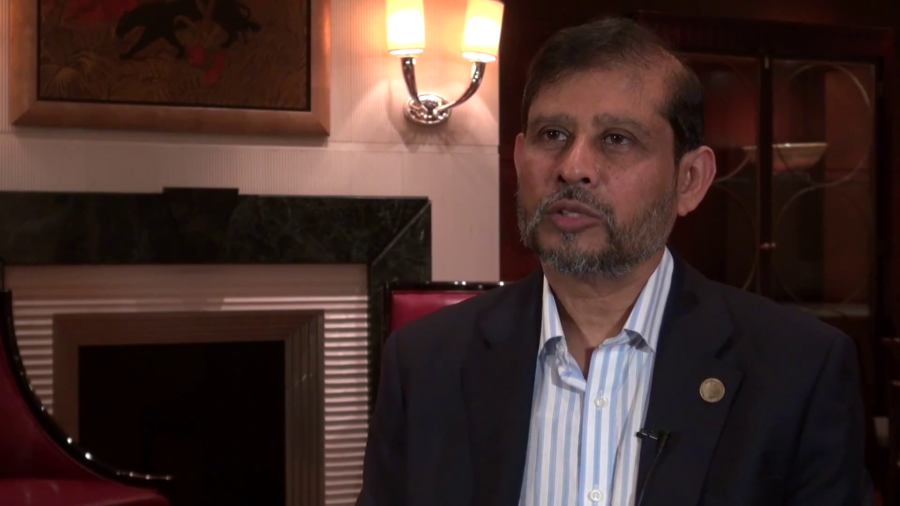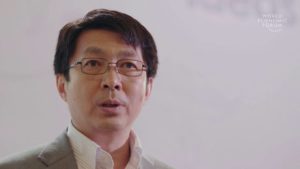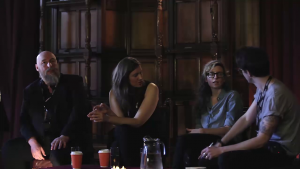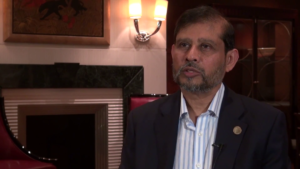When we started the activity to build the National Science Foundation Network, or NSFNET, we had a clear understanding that the money that the federal government was going to be able to spend on the network wouldn’t be adequate to do the job that the community required.
An Innovation Policy for the Green New Deal
presented by Dan Traficonte, Ian Wells
By innovation policy what we're really talking about is federal R&D programs. So despite the American economy's reputation for being this quintessential free market system, much of the innovation and technological development in the American economy can be linked to direct government intervention. Read more →

